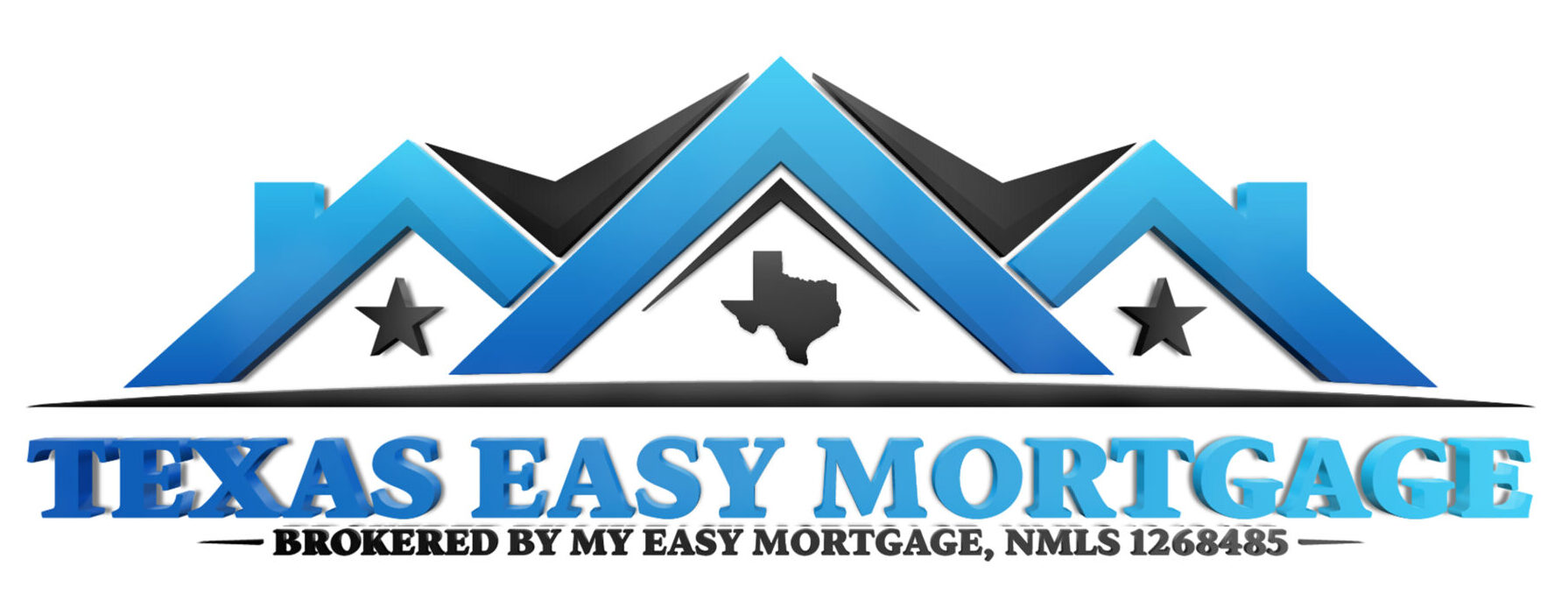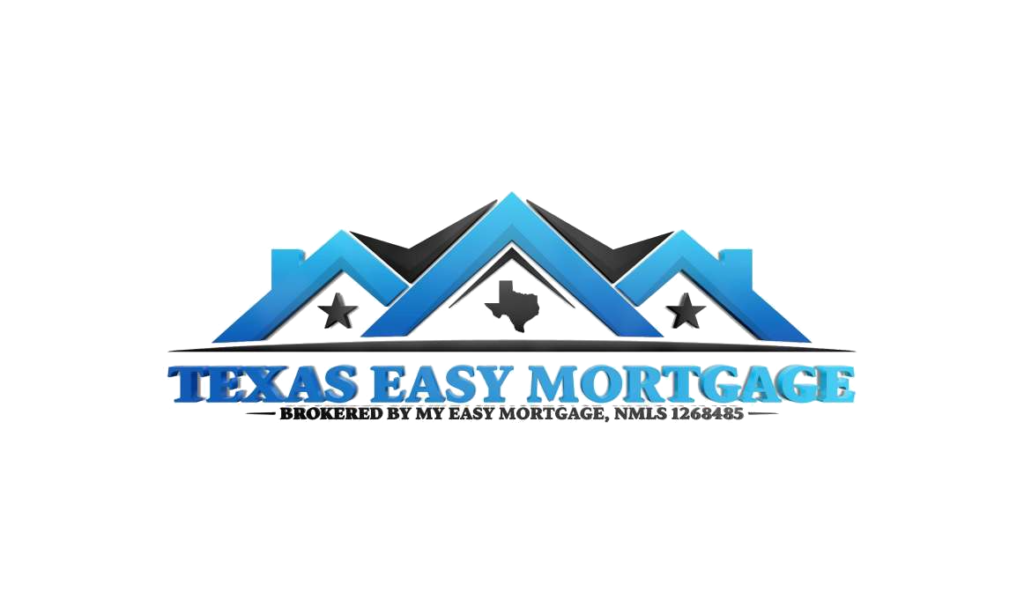WE’RE HERE TO HELP YOU
Get a Zero Down Home Loan
What is a Zero Down Home Loan?
A zero down home loan is a type of mortgage loan that does not require a down payment from the borrower. This means that the borrower can finance the entire purchase price of the home with the loan.
Zero down home loans can be beneficial for borrowers who may not have the funds for a down payment, but they often come with higher interest rates and more stringent credit requirements. Additionally, borrowers who do not make a down payment may have less equity in the home, which can make it more difficult to sell the home or refinance the loan in the future.
There are several types of zero down home loans available, including VA loans, USDA loans, and certain types of conventional loans. Each type of loan has its own requirements and benefits, so it’s important to research the options to find the best fit for your financial situation.
Before applying for a zero down home loan, it’s important to carefully consider the potential drawbacks and benefits of this type of loan. Borrowers should also be prepared to meet the credit and income requirements set by the lender, and should carefully read and understand the terms of the loan before signing on the dotted line.
Your Path to Homeownership: Zero Down Loans in Texas by Texas Easy Mortgage LLC
At Texas Easy Mortgage LLC, we understand that buying a home is a significant milestone. One of the most exciting ways to achieve homeownership is through zero-down home loans. This type of loan allows you to finance the entire purchase price of your new home without needing a down payment. Let’s explore the benefits and details of zero-down home loans in Texas and how our services can help you achieve your homeownership dreams.
What is a Zero Down Home Loan?
A zero-down home loan is a mortgage that requires no down payment from the borrower. This means you can finance 100% of the home’s purchase price. This type of loan is ideal for those who may not have enough savings for a down payment but are ready to purchase a home.
Zero Down Home Loans in Texas
For those looking to buy a home in the Lone Star State, zero-down home loans in Texas offer a fantastic opportunity. These loans are specifically designed for Texas residents who wish to purchase a home without the burden of a down payment. Whether you are a first-time homebuyer or looking to upgrade, our team at Texas Easy Mortgage LLC can guide you through the process.
Fully Funded Home Loan Texas
For those looking to buy a home in the Lone Star State, zero-down home loans in Texas offer a fantastic opportunity. These loans are specifically designed for Texas residents who wish to purchase a home without the burden of a down payment. Whether you are a first-time homebuyer or looking to upgrade, our team at Texas Easy Mortgage LLC can guide you through the process.

Finding the Right Mortgage Company
Choosing the right lender is crucial when applying for a zero-down mortgage. At Texas Easy Mortgage LLC, we pride ourselves on being a leading zero-down mortgage company in Texas. We offer personalized services to ensure you get the best possible loan terms and conditions. Our experienced team will work closely with you to find a mortgage solution that meets your needs.
Zero Down Home Loans Services Texas
At Texas Easy Mortgage LLC, our zero-down home loan services in Texas are designed to make homeownership accessible and straightforward. From the initial consultation to the final loan approval, we provide comprehensive support every step of the way. Our services include helping you understand the different types of zero-down home loans available, guiding you through the application process, and offering ongoing support to ensure a smooth experience.
Exploring Loan Options
There are various types of zero-down home loans, including VA loans, USDA loans, and certain conventional loans. Each type has unique benefits and requirements. For instance, VA loans are available for veterans and active-duty military members, while USDA loans are designed for buyers in rural areas. Understanding these options can help you choose the best loan for your situation.
Contact Us Today
Ready to take the next step towards homeownership? Contact Texas Easy Mortgage LLC to learn more about our zero-down home loans and how we can help you secure the right loan for your needs. Our team is dedicated to providing you with the support and expertise needed to make your home-buying experience as smooth and successful as possible. At Texas Easy Mortgage LLC, we are committed to making your homeownership dreams come true. Reach out today to get started on your journey with zero-down home loans in Texas!


